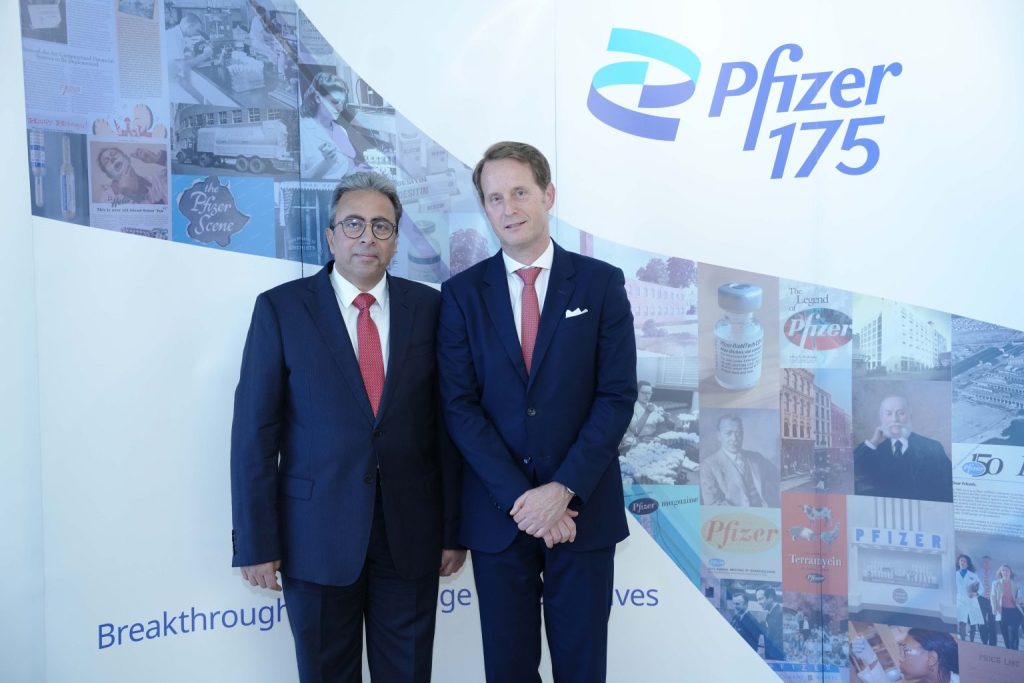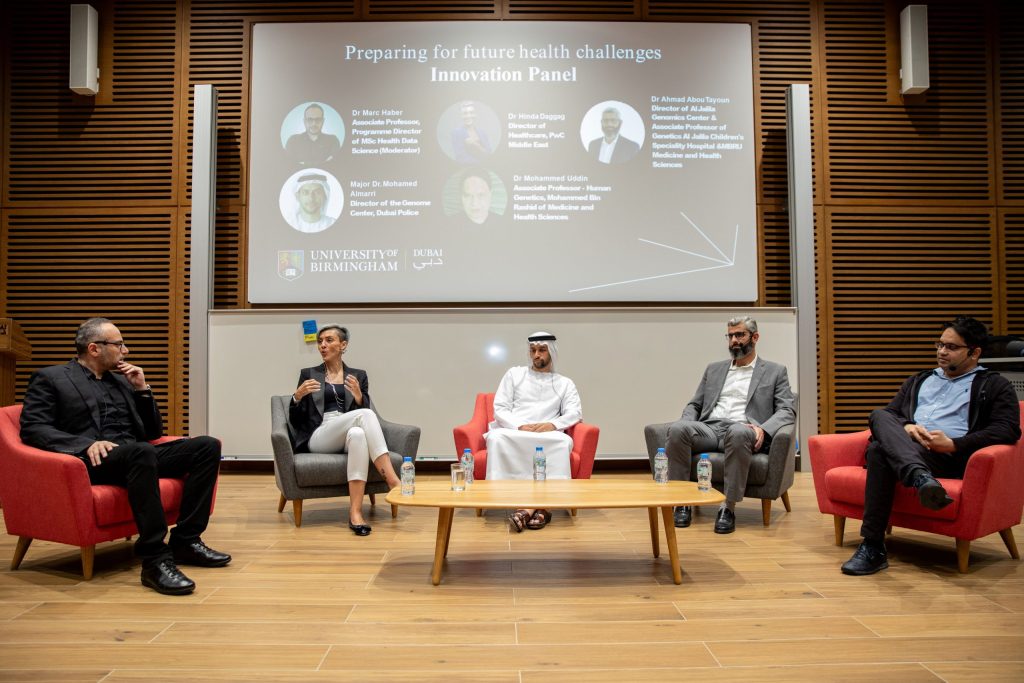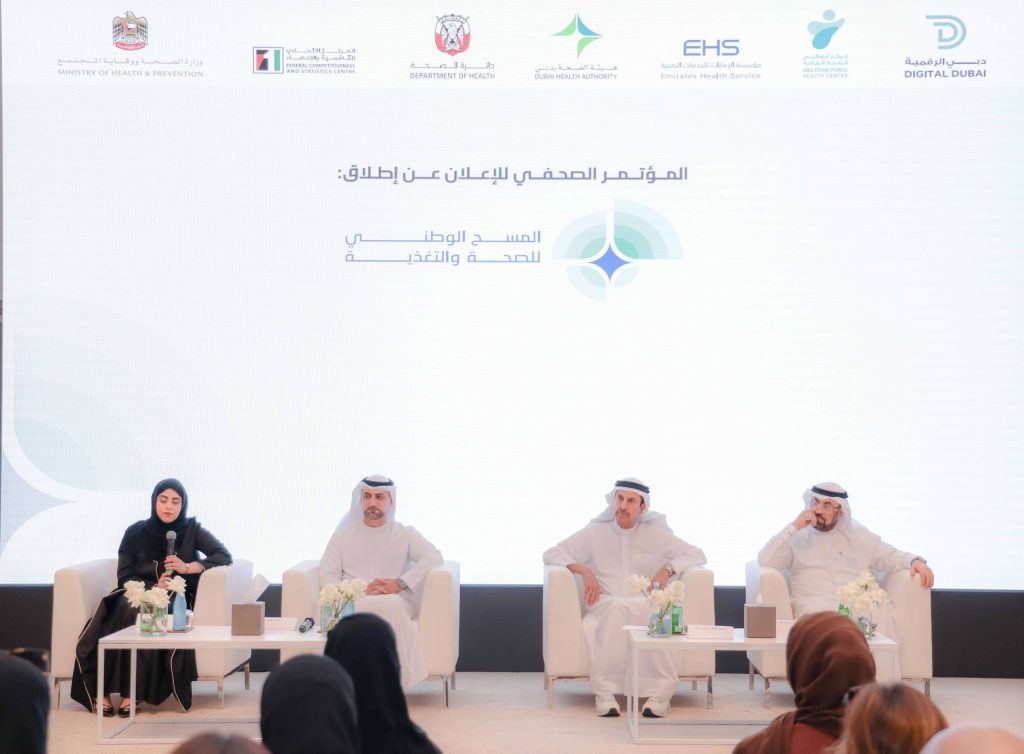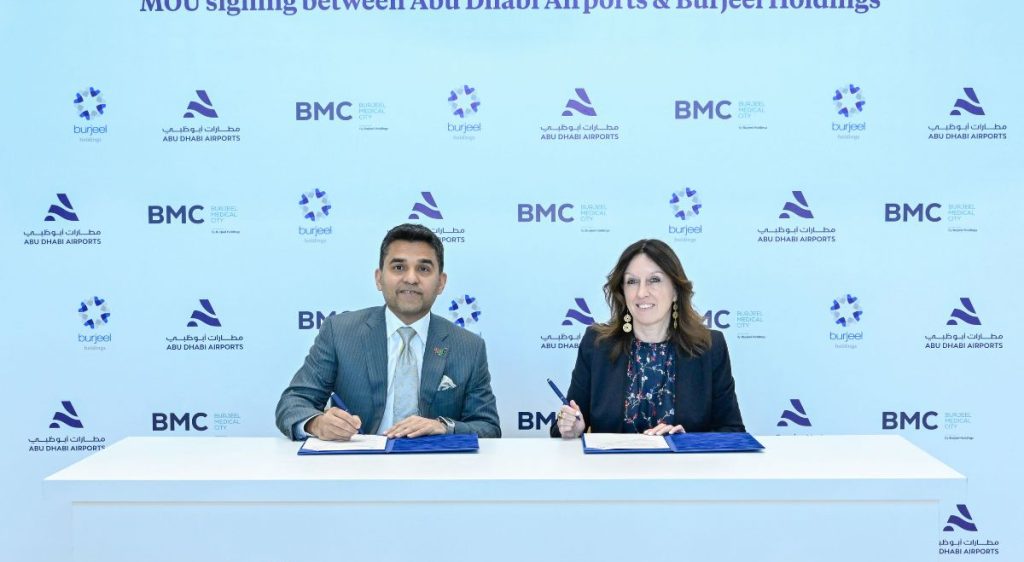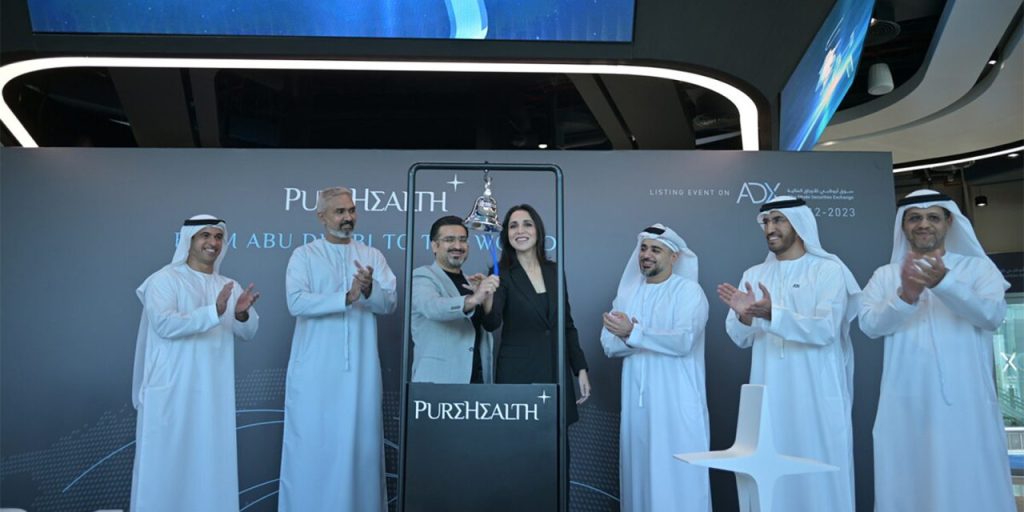
How is Pfizer Transforming Healthcare In MENA Through Innovation?
Interview: Poonam Chawla Edited: Ayesha Rashid Pfizer’s commitment to advancing healthcare through cutting-edge technology and innovative therapies remains steadfast, poised to redefine

GulfDrug: A Legacy of Progress in UAE Healthcare
“At GulfDrug, our mission is clear: to deliver reliable quality
EVENTS

Clarivate Plc, a leading global provider of transformative intelligence, recently released its LatAm market tracking solution, in collaboration with Global Healthcare Intelligence, a leading provider of market intelligence on healthcare infrastructure in frontier markets.
The new solution is the next phase of an expanding partnership between Clarivate and Global Healthcare Intelligence, enabling in-depth and actionable analysis of the medical device market in Latin America (LatAm).
Leveraging comprehensive datasets and the proprietary Clarivate device catalog for the LatAm region, including Brazil, Colombia, Argentina, Chile, Peru, and Ecuador, clients can analyze over 100 medical devices and 500 product categories.
The LatAm medical equipment and device markets have seen substantial growth, currently valued at $10 billion annually, with key players Brazil, Mexico, Colombia, Argentina, and Chile accounting for 89% of the regional market, and underscoring LatAm’s pivotal role in the global healthcare industry.1 This surge in market value reflects the increasing demand for cutting-edge medical technologies and the region’s continuous commitment to enhance healthcare infrastructure and accessibility.
Andrew Lee, Vice President Medtech, Life Sciences & Healthcare, Clarivate, said: “As the LatAm medical device market has observed significant expansion in recent years, there is a growing need for an unbiased source of data that will empower medical equipment and device manufacturers to make informed decisions. In partnership with Global Healthcare Intelligence, LatAm market tracking for Clarivate leverages curated and validated ready-to-access information, quarter after quarter, equipping customers with consistent insight and foresight needed to create innovative treatments, deliver them to patients faster and improve quality of life.”
Guillaume Corpart, Founder and CEO, Global Health Intelligence, said: “Latin America poses unique challenges in regard to accessing reliable market information. We are thrilled to have partnered with Clarivate to deliver this game-changing solution. Medical equipment & Medical device manufacturers are now able to assess market potential and track performance in a consistent and accurate manner across the region’s leading countries.”
The Clarivate LatAm team of experts support medical device companies and distributors in harnessing the comprehensive real-time data provided by the Clarivate LatAm market tracking solution. From detailed SKU-level data and independent, third-party analysis to share price and market trends, clients can leverage the solution to market their brands more effectively in the region.
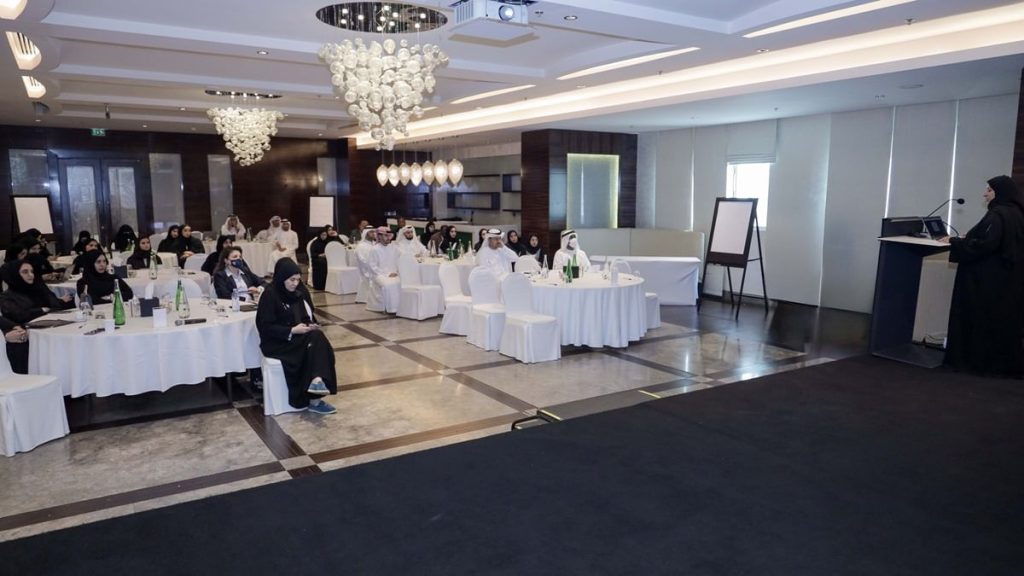
The Ministry of Health and Prevention (MoHAP), in partnership with the WHO Regional Office, has organised a workshop titled “Strengthening Risk Communication and Community Engagement in Emergency Preparedness” to bolster preparedness and response capabilities for health emergencies.
The four-days event took place in Dubai, and was attended by HE Dr Hussain Abdul Rahman Al Rand, Assistant Undersecretary for the Public Health Sector, along with several department directors and heads of relevant units within the Ministry and other authorities involved in managing epidemiological data and public health.
The gathering featured comprehensive presentations introducing participants to national plans. It also included a series of simulation exercises focused on improving competencies in risk communication and community engagement. Additionally, the workshop incorporated various interactive and participatory activities, such as teamwork and tabletop exercises (TTX), designed to build capacity and develop the skills essential for effective communication during crises.
Innovative Emergency System
“This workshop is part of a series of initiatives undertaken by the Ministry to ensure the highest levels of preparedness and response during public health emergencies,” said Dr. Al Rand. “Our focus is on building a robust network of skills, knowledge, and community participation that strengthens public health across the UAE.”
“This network will be a cornerstone of our advanced emergency response system. By leveraging best practices from past local and international experiences, we aim to foster innovation that prioritizes flexibility, proactivity, and overall preparedness within our healthcare system.”
His Excellency emphasized that the Ministry is making every possible effort to strengthen national capabilities for handling health emergencies. This includes prioritizing effective communication and community participation, which are seen as crucial pillars in the Ministry’s strategy to enhance preparedness and response. “We look forward to developing the sector’s proactive capabilities in a comprehensive and integrated manner, thereby boosting its competitiveness, flexibility, effectiveness, and alignment with the country’s strategic priorities,” Al Rand said.
He clarified that the workshop provided an ideal platform to evaluate and enhance risk communication and community engagement strategies for emergency preparedness and response, guided by international best practices. It also allowed specialized teams to improve their skills in early detection and effective management of health events. Additionally, he noted that the adherence to the International Health Regulations strengthens its ability to respond to health emergencies and ensures that all stakeholders, including community members, are thoroughly prepared to respond efficiently and effectively in such situations.
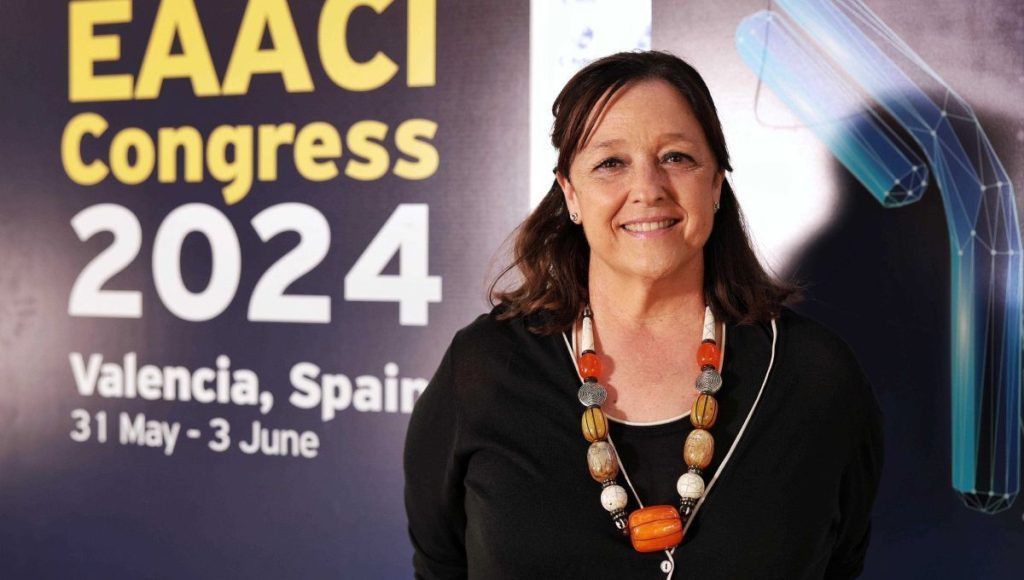
The Closing Ceremony of the EAACI Congress 2024, a meeting forum for experts in Allergy and Immunology from countries all over the world, has taken place.
At the closing of the Congress, Dr. María José Torres, Professor of Medicine and Head of the Allergology Service of the Regional University Hospital of Malaga, takes the lead as the new President of EAACI; she is the first Spanish professional to hold this position.
In her speech at a plenary session entitled “Drug allergy: today and tomorrow,” Dr. Torres stressed that “drug allergy is a huge burden on healthcare systems and represents, in some cases, a threat to the patient’s life.”
In recent years, there has been a significant increase in interest in the design of predictive models to stratify patients’ risk of being allergic. “It is essential to continue researching and working towards the goal of efficient precision medicine,” says Dr. Torres.
Dr. Ioana Agache, who chairs EAACI’s Research and Outreach Committee (ROC), details that “with allergic diseases and asthma as prototypical environmentally driven diseases, Planetary Health is another key feature of EAACI’s research agenda.”
The ROC’s key objectives include being “the exchange platform for scientists across the EAACI Research Network, a space where to formulate recommendations and quality criteria, forge varied educational programs and ensure professional development opportunities through its collaboration with EAACI junior members and all other stakeholders,” she notes.
The ERN (EAACI Research Network) seeks to identify and coordinate allergy and asthma research in Europe. “It currently includes almost 100 institutions from Europe and around the world. It should guide the future of allergy and asthma research in Europe and foster synergies and cooperation, reduce duplication of efforts and identify gaps and priorities that need the attention of funding organizations,” concludes Ioana Agache.
Trending Now
Videos
Latest Thinking












